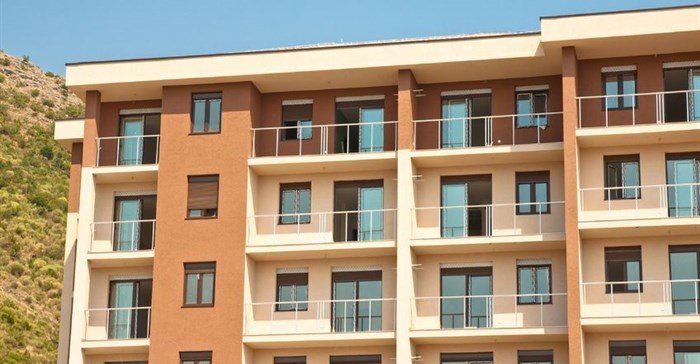
Top stories




Energy & MiningGlencore's Astron Energy gears up with new tanker amidst Sars dispute
Wendell Roelf 16 hours


More news



















Logistics & Transport
Uganda plans new rail link to Tanzania for mineral export boost







The primary function of the Rental Housing Tribunal is to mediate and settle disputes that tenants and landlords cannot resolve themselves in an amicable manner. Ideally, the RHT’s aim is to ensure that there is stability and harmony in the rental housing sector of the market. The RHT will inform landlords and tenants of both their rights and obligations with regard to the Rental Housing Act, and will then investigate and mediate the situation at hand to reach a resolution by making recommendations to the relevant parties.
Mediation is an informal, confidential meeting where the landlord and tenant will meet to discuss their issues in the presence of a trained, experienced mediator. The mediator will remain impartial and will assist the parties to come to a mutually acceptable solution to their problem. The landlord and tenant will be the ones who make the final decision with regards to mediation agreement – not the mediator. Once the parties have reached an agreement, it is possible for the agreement to be made an order of the court.
The RHT deals with all aspects relating to a tenancy, such as verbal or written lease agreement disputes, the rights and duties of each party, deposit refunds, rental defaults, damage to the rental property, utilities, eviction and house rules, to name a few.
Anyone who has a vested interest in a rental property may lodge a complaint with the RHT. The service that the RHT provides is free to landlords and tenants and the parties may represent themselves in the matter, so there is no need to incur legal costs.
To lodge a complaint, the petitioner must make contact with the relevant RHT office that has authority in the area in which the home is situated. Legislation dictates that the complaint must be in writing. The provincial offices each have different complaint forms on which the complaints can be lodged. The complaints can be lodged by either registered mail or fax. It is advisable that once the complaint has been submitted, the complainant follows up to ensure that it reached the right person.
A case is opened, and a reference number will be allocated to the matter before a preliminary investigation is conducted. The investigation will be to determine whether the complaint relates to a dispute in respect of a matter which may constitute an unfair practice, which must be determined within 30 days of receiving the complaint. To define this, the RHT may require additional information from either the complainant or respondent. In certain instances, an inspector may be appointed to inspect the property in question and compile a report on the complaint.
Once the investigation has concluded, and the does relate to such a dispute, all parties will be informed in writing that the case has been opened and a date and time has been set for mediation. If no agreement is reached at the informal mediation, the matter will be referred to a formal hearing for the ruling.
